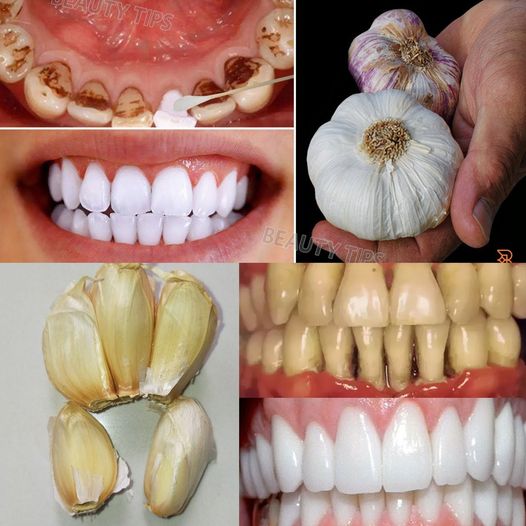ADVERTISEMENT
Strong Odor: Garlic is notorious for its potent and lingering smell. To combat garlic breath, rinse your mouth with an apple cider vinegar solution or chew on fresh parsley or mint leaves after your treatment.
Sensitive Teeth and Gums: If you have sensitive teeth or gums, be cautious when using garlic, as it might cause irritation. It’s important to test a small amount first or consult with your dentist before incorporating it into your regular routine.
Tartar Removal: While garlic can help reduce bacteria and prevent new tartar from forming, it’s important to note that it’s not a substitute for professional dental cleaning to remove existing hardened tartar.
Why Dentists Might Not Recommend It
Garlic’s unconventional use in oral care and the potential for discomfort might be reasons why many dentists do not routinely recommend it as a go-to solution for tartar removal and teeth whitening. However, its natural antibacterial properties still make it an appealing option for some.
Conclusion
Garlic offers a quick and natural way to help manage oral bacteria and whiten teeth. However, it should be used with caution and as part of a broader oral health routine that includes regular brushing, flossing, and professional dental check-ups. Remember, while home remedies can be helpful, they do not replace the expertise and equipment of a professional dental care provider. Embrace the power of garlic as part of your overall oral health journey.
ADVERTISEMENT
